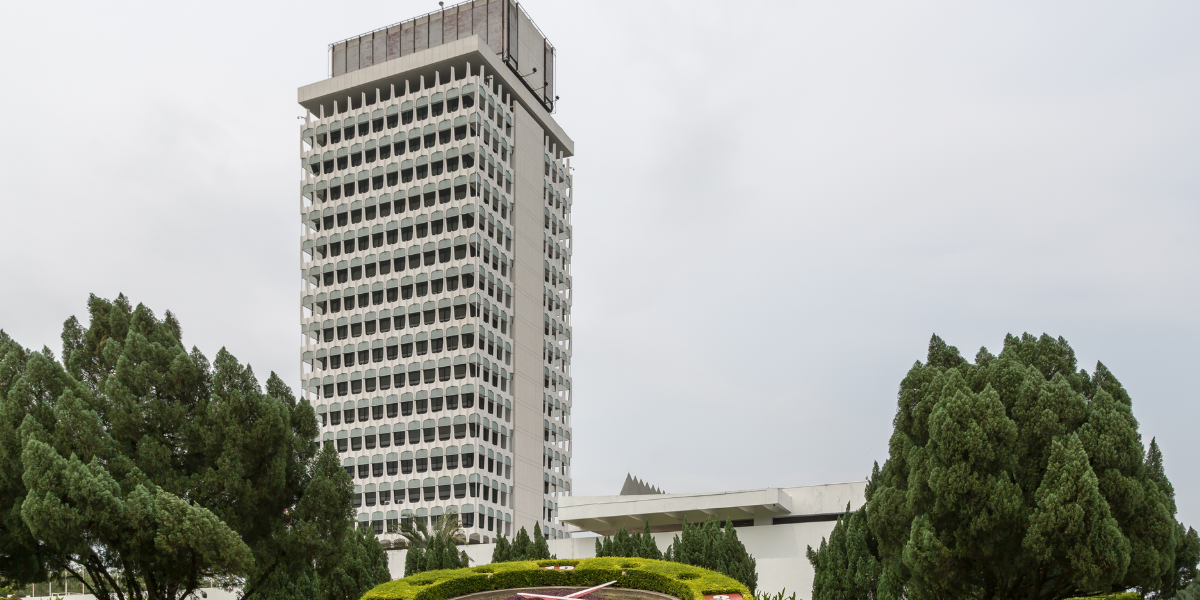On 10 December 2018, the House of Representatives passed the Finance Bill 2018 which was published in the Federal Gazette on 27 December 2018.
The key changes of Finance Bill 2018 are summarized below:
Corporate Tax Changes
- The limitation on carry forward of unutilised capital allowances and investment tax allowance has been removed from the amended Finance Bill 2018.
- The surrender of losses within a group will only apply to new companies. It is restricted to 3 consecutive years of assessment starting immediately after the basis period of the 1st year of assessment the company is in operation provided the period is a 12-month period or immediately after the year of assessment for the 2nd basis period of a 12-month period, if the basis period for the 1st year of assessment of the company is other than a 12-month period.
- Currently, there is no time limit for carrying forward of unutilised losses and allowances. The carry forward of adjusted losses is limited to seven consecutive years, with any amount not deducted for year of assessment 2018 and prior years allowed to be carried forward up to the year of assessment 2025.
- The income tax rate on first RM 500,000 of chargeable income of SME be reduced from 18% to 17%. SME refers to a resident company incorporated in Malaysia with an ordinary paid-up share capital of RM 2.5 million and below.
- The term “research and development (R&D)” has been defined in both the ITA and PIA as follows-with exclusion some activities “Research and development” means any systematic, investigative and experimental study that involves novelty or technical risk carried out in the field of science or technology with the object of acquiring new knowledge or using the results of the study for the production or improvement of materials, devices, products, produce, or processes.
- Provisions regarding business income from a place of business in Malaysia are expanded including the standard places of business, such as place of management, branch, office, factory, etc; the performance of supervisory activities in relation to a building or work site, or a constructions, installation or assembly project; and where a person habitually concludes contracts on a person’s behalf, maintains a stock of goods or merchandise for delivery, or regularly fills orders.
Transfer Pricing Changes
The Finance Bill 2018 inserted a new Section 140A(5A) in the Income Tax Act 1967 to expand the meaning of “control” under Section 139 for the purpose of transfer pricing. Under this control refers to persons where one owns shares in the other person or a third person owns shares of both persons, and the percentage of share capital held in either situation is 20% or more along with satisfaction of either of the following economic control conditions: a) The business operations of a person depends on the proprietary rights, such as patents, non-patented technological know-how, trademarks, or copyrights, provided by the other person or a third person; or b) The business activities, such as purchases, sales, receipt of services, provision of services, of a person are specified by the other person, and the prices and other conditions relating to the supply are influenced by such other person or a third person; or c) One or more of the directors or members of the board of directors of a person are appointed by the other person or a third person.
The measures of the Finance Act 2018 generally apply from 1 January 2019.













